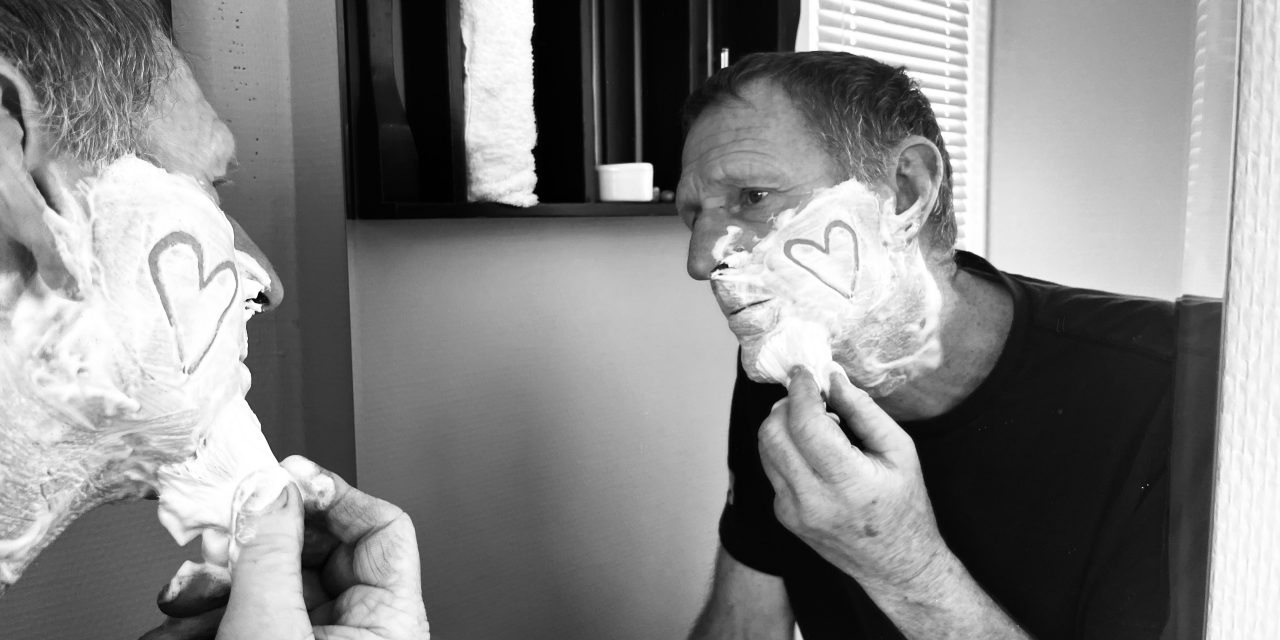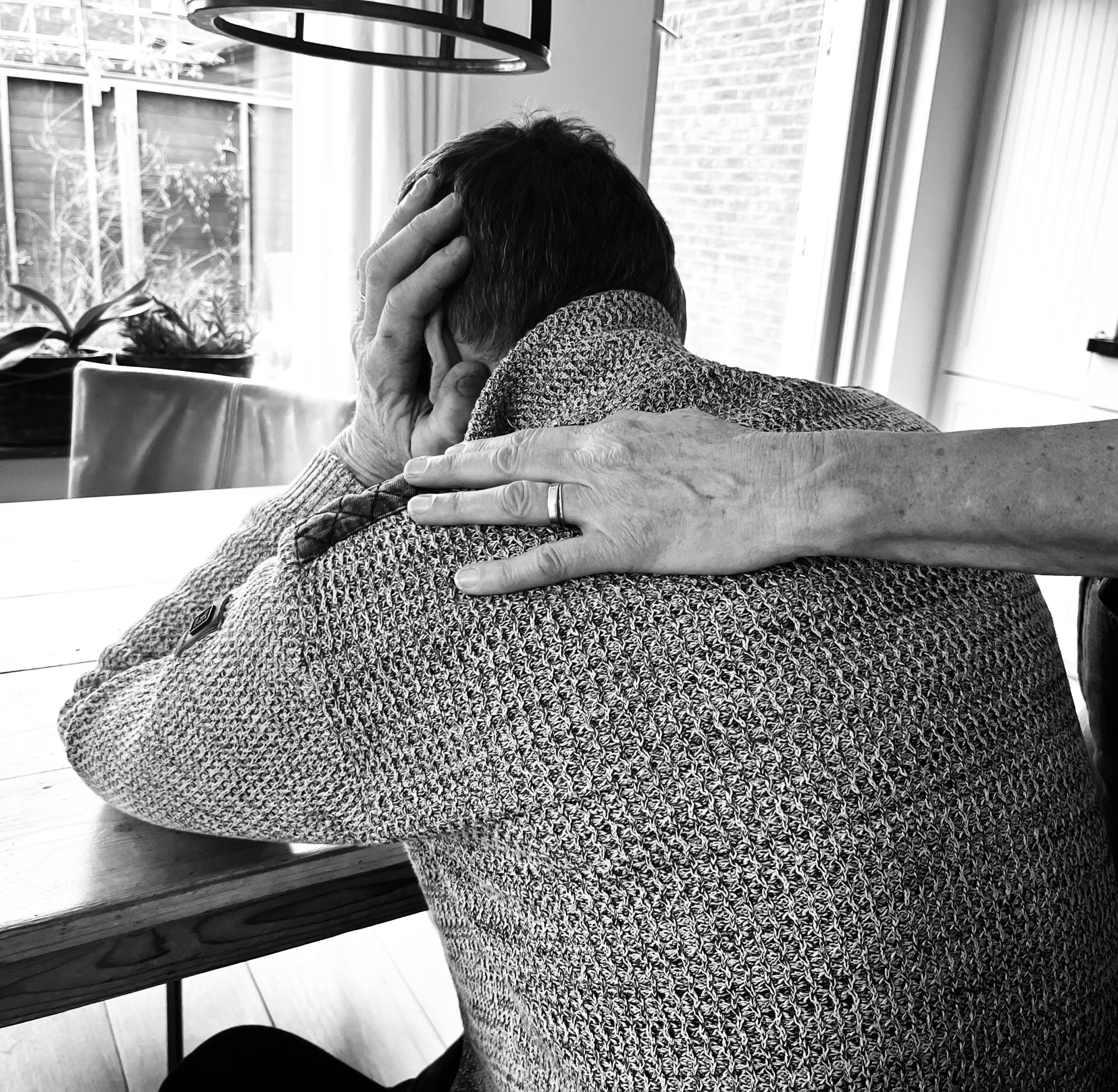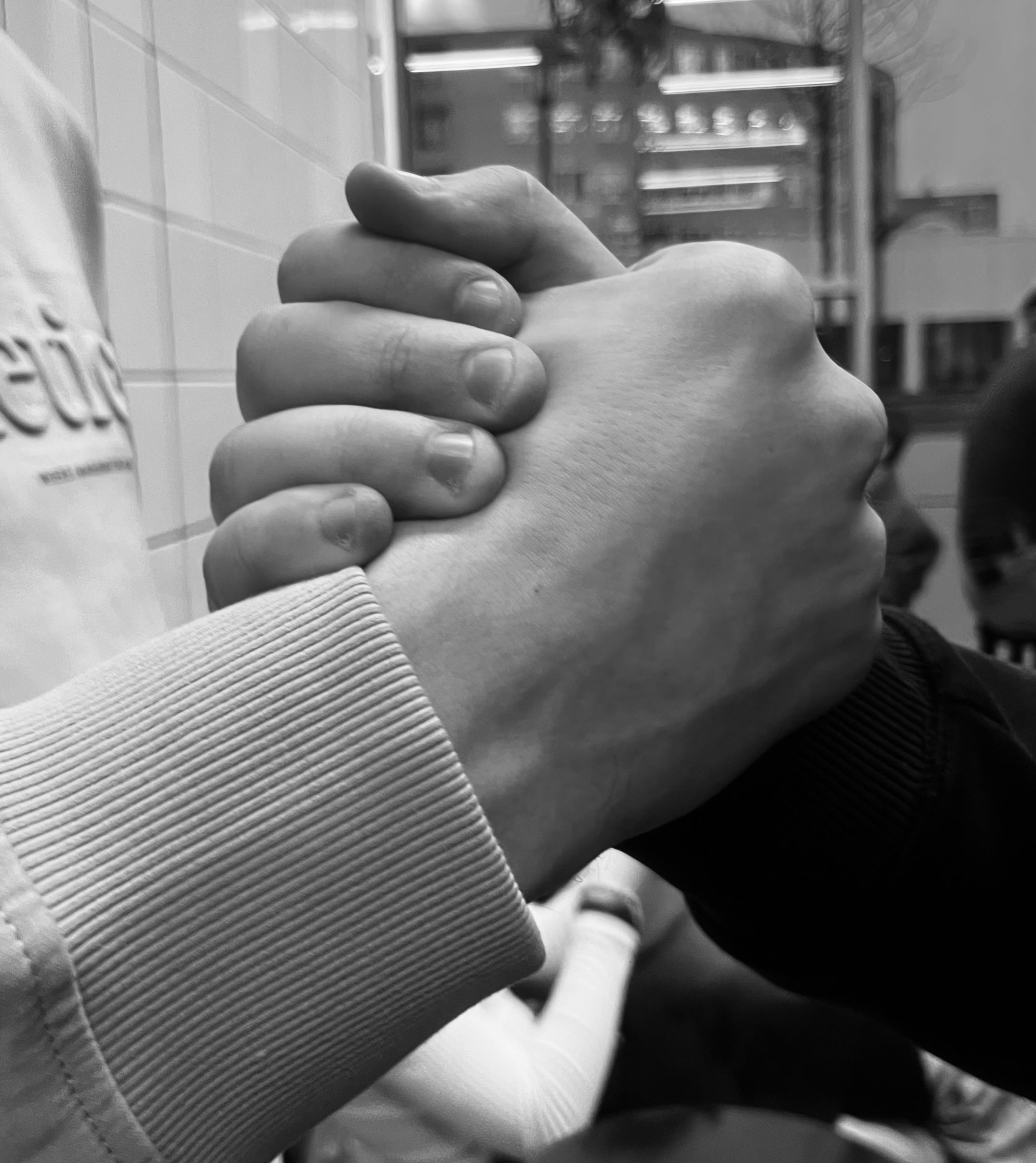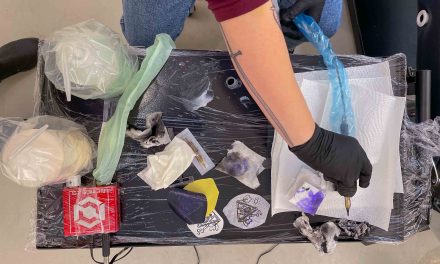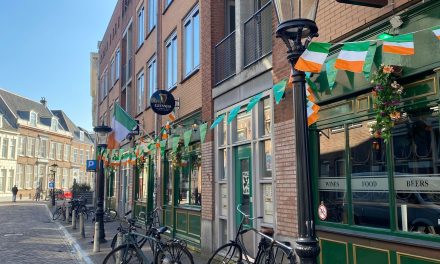‘‘I can buy myself flowers and write my name in the sand’’. Appropriate advice for the Dutch society where 1 in 4 are expected to be single by 2047. Miley Cyrus’ hit song is one of the messages encouraging mainly women to take care of their own needs and health as a single person. Doing this, single and childless women are part of the happiest demographic. On the other hand, new research shows that men actually can’t stand single life as well and are happier in a relationship.What problems do men face in this growing single society?
Psychology professors Paul van Lange (VU Amsterdam), Iris Wahring (Humboldt University Berlin) and Jeffrey Simpson (University of Minnesota) dived into 70 scientific researches about gender differences in heterosexual relationships. The outcome: men are actually more keen on finding romantic love than women. There are 4 components that make up this conclusion:
- Men more actively seek out romantic relationships.
- Men tend to benefit more from romantic relationship involvement.
- Men are less likely to initiate breakups.
- Men tend to suffer more after a breakup
The researchers say the biggest underlying reason for this is that men generally rely on their romantic partners more for emotional support and intimacy compared to women. Where women tend to share their problems and thoughts with their close circle, men are less likely to look for emotional support outside of their partner. Because of their smaller support network, the disappearance of a romantic partner has more impact.
Karel Post recognises that men often mainly get emotional support from their partner. He’s a psychomotor therapist founded Outback Explorers, where he offers adventure therapy specifically for boys and men. Although Post points out he can’t speak for all men, he does see trends in the boys and men he has treated. ‘A big challenge for the men I treat is recognizing and acknowledging their deeper emotions. While more surface-level emotions like happiness and anger are often more easily placeable, feelings like sadness, shame, fear and even love, are harder to get in touch with for many men. It’s important for them to know what they are feeling and why, so that they can learn to acknowledge and express it next.’
Men’s struggle to look for help and support outside of their romantic relationship is something Post dedicates to both culture and predisposition. ‘A lot of men learned in their upbringing to work hard, rather than talking too much about their feelings. That attitude raises the threshold to look for help.’
Post points out the need for accessible places for boys and men to form networks. He notices that there are many clubs and groups focussed on women helping and empowering other women, while men don’t have equivalents for this. He proposes we need more spaces that men are inherently pulled towards and include emotional support networks within those. With Outback explorers, Post hopes to give an example of how you can offer boys and men therapy in a way that suits them. During this adventure therapy, clients stay in a log cabin in nature and participate in activities like exploring the surroundings and making fire. ‘By taking them out of their usual surrounding and doing ‘more typically manly activities’ we try to lower the threshold for good conversations where men find it easier to talk openly.’ Options like this might help the men of the future be prepared for the growing single society.
